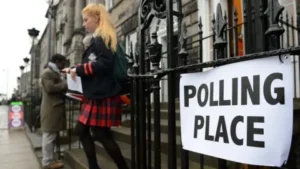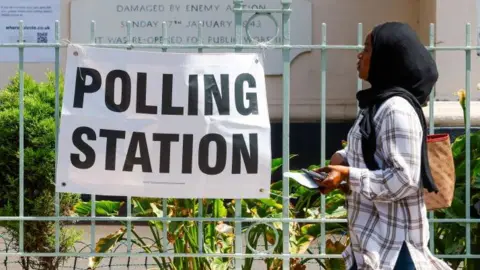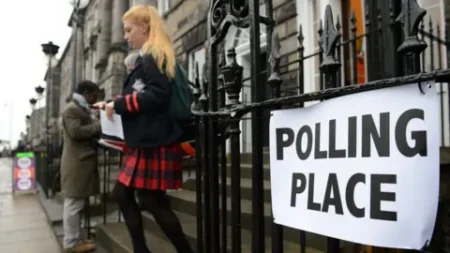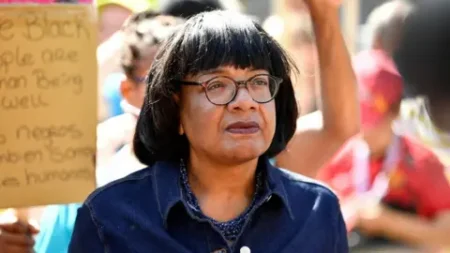The United Kingdom is set to undergo significant electoral reforms that will impact the voting age and voter identification processes ahead of the next general election. Recent announcements from the government indicate that voters aged 16 and 17 will soon be allowed to participate in elections, representing a considerable shift in the nation’s democratic practices. This move not only aims to include younger individuals in political decision-making but also reflects a broader effort to modernize the electoral process.
**Lowering the Voting Age to 16**
By lowering the voting age to 16, approximately 1.5 million teenagers will gain the right to vote during the next general election, which is required to occur by 2029 but could happen sooner. Proponents of the change, including Democracy Minister Rushanara Ali, argue that young people are already engaged in society through work and tax contributions. Therefore, it is only logical for them to have a voice in determining their government. This commitment to the change aligns with Labour’s 2024 election manifesto and represents the most significant alteration to the voting demographics since the age was reduced from 21 to 18 in 1969.
Currently, while 16-year-olds can vote in local council elections in Scotland and Wales, as well as for Scottish and Welsh Parliament positions, they must still wait until 18 for parliamentary elections across the UK, including those in England and Northern Ireland. This adjustment to allow 16-year-olds to vote in national elections for the first time exemplifies a significant shift toward inclusivity.
**New Voter Identification Requirements**
Along with changes to the voting age, the government plans to implement more flexible voter identification requirements. Starting from May 2023, it became mandatory for voters in England, Scotland, and Wales to present valid photo ID when voting in person. Acceptable forms of identification include a range of documents, such as passports and driving licenses, and soon, UK-issued bank cards will be recognized as valid ID.
A significant concern has arisen around the current ID requirements, as about 4% of those who abstained from voting in the 2024 election cited ID rules as a barrier. Alternatives are being proposed for those without valid identification, allowing for the application of a Voter Authority Certificate at no cost.
**Automatic Voter Registration Initiatives**
Another notable proposal involves the introduction of an automatic voter registration system aimed at addressing the estimated seven million individuals who are incorrectly registered or absent from the electoral register. This initiative has the potential for substantial impact, particularly for young people and private renters who disproportionately face challenges with registration.
The government’s plan includes establishing safeguards that would provide individuals with information regarding their registration status while allowing them the option to opt-out. Furthermore, advocates propose leveraging existing records from agencies like the Passport Office to streamline the registration process.
**Changes to Postal Voting**
The government is also considering updating the timeline for applying for postal votes. Currently, the application deadline is set at 11 working days before election day, which will be extended to 14 days. This change aims to ensure that voters receive their ballots in adequate time, preventing delays and encouraging participation.
**Stricter Rules on Political Donations**
In a bid to curb foreign influence in UK elections, the government aims to impose stricter regulations on political donations. Companies intending to donate must demonstrate sufficient operating income within the UK or Ireland. This measure should ultimately bolster the integrity of the electoral process.
**Reactions and Next Steps**
The proposed changes have drawn a mix of reactions from various political groups. The National Union of Students hailed the reduction of the voting age as a momentous event for democracy. Conversely, the Conservative Party expressed disapproval of the reforms, citing reasons for confusion and the timing of such announcements in relation to Parliament’s schedule.
As both the timeframe for the next general election and these reforms are established, the implications for future voter engagement in the UK could be substantial. With the current Parliament having convened on July 9, 2024, the latest possible date for the next election is August 2029, yet the Prime Minister retains the prerogative to call for elections at an earlier date.
Overall, these changes indicate a transformative moment in how the UK approaches democratic participation and representation, especially for younger generations who will now have a say in the governance of their country.











